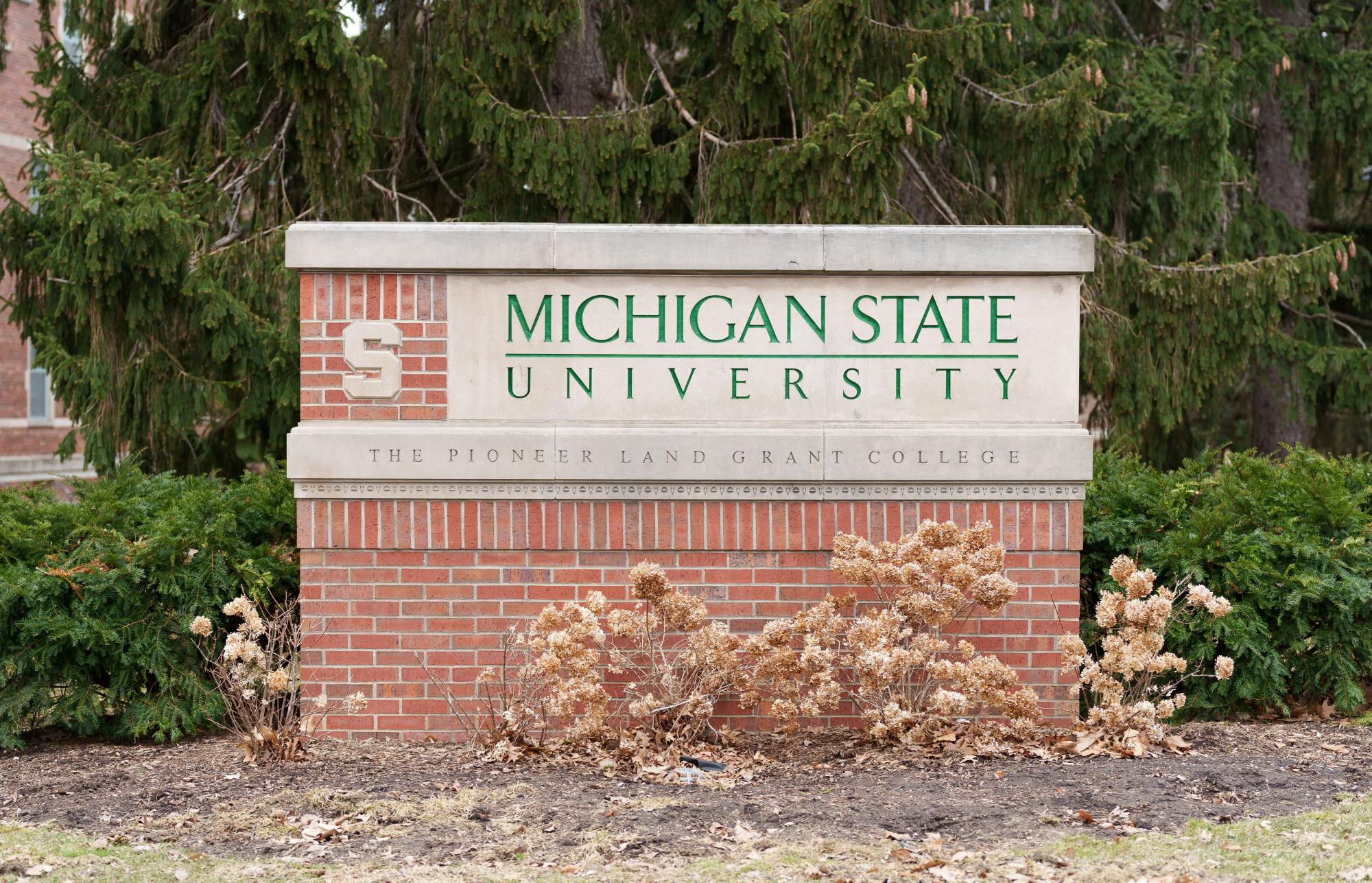Michigan State University has received its second gold rating from the Association for the Advancement of Sustainability in Higher Education, or AASHE.
The organization’s Sustainability Tracking Assessment & Rating System, or STARS program is a framework of self-reported categories that rates higher education institutions on their efforts towards sustainability. Ratings are updated every three years, and MSU attained its first gold rating in 2019.
“This gold rating is a point of pride for Spartans, especially from an organization that specializes in higher education,” said President Samuel L. Stanley Jr. in a press release Monday, June 6. ““Still, we always strive to do more. In the MSU strategic plan — Empowering Excellence, Advancing Equity and Expanding Impact — we laid out our intention to achieve a platinum rating by 2030. With all of our collective efforts, I know we can get there.”
With its recent rating, MSU increased its score to 75.15 from its earlier score of 70.85, clearing the minimum amount of points required for a gold rating by over ten points. MSU scored highest in the academics category, collecting 92% of the available points. This category measures an institution’s commitment to sustainability in curriculum and/or research.
“MSU has more than 800 courses, as well as several degree programs, that incorporate sustainability into the curriculum or through experiential learning,” the June 6 press release read. “Half of the university’s continuing education programs through MSU Extension addresses sustainability topics.”
MSU also scored a 96% in the research category. According to the self-reported statistics, 26.32% of employees that conduct research are engaged in sustainability research, and 79.57% of departments that conduct research are engaged in sustainability research.
In order to achieve a platinum rating, MSU will have to earn a score of 85. The university may look to its lower-scored areas to boost its overall score, including energy and investment & finance. The energy category is MSU’s lowest score, at 1.65 out of ten. This category measures building energy efficiency and the development and use of clean and renewable energy sources, for which MSU scores 1.62 out of six and .03 out of four, respectively. Around 86% of the university’s electricity comes from natural gas, according to the self-reported statistics.
MSU nets only 14% of available points in the investment & finance categories, scoring one point for making a snapshot of its investment holdings available to the public. MSU scored no points in the other two subcategories, one of which gives points for the establishment of a committee that makes recommendations to “fund decision-makers on socially and environmentally responsible investment opportunities.” The second subcategory gives points for investing in sustainable businesses or industries. These two areas are the only subcategories marked “Not Pursuing” on the report.
MSU’s investments have been a target for scrutiny in the past, facing criticism from student activists calling for complete divestment from fossil fuel companies.
Support student media!
Please consider donating to The State News and help fund the future of journalism.
Discussion
Share and discuss “Michigan State University receives gold rating for sustainability efforts” on social media.







